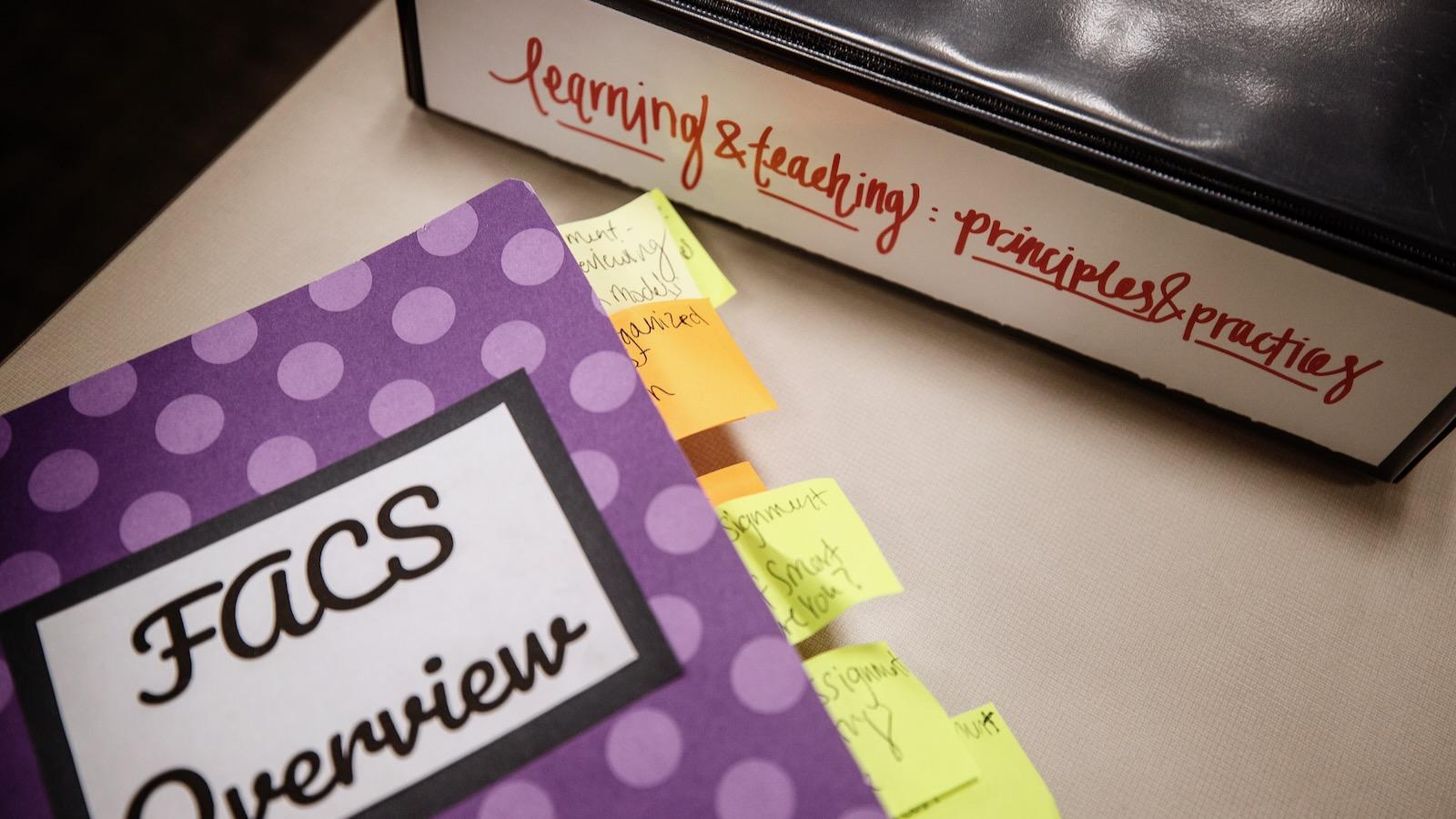Developing an Inclusive Syllabus

Apr 19 | Engage in peer review to revise the tone of your syllabus and you will revise a policy to include more equity considerations.
Navigating Challenging Conversations in the Classroom
Apr. 5 | Learn ideas for creating discussion guidelines for respecting a wide range of perspectives and experiences, as well as practices for class discussions that stretch student thinking and support all students’ learning.Supporting Diverse Student Populations

Mar. 22 | In this workshop you will learn about the unique educational needs that diverse groups of students tend to have and strategies for how to best meet their needs in the classroom.
Introduction to Inclusive Teaching

Feb. 9 | Learn how to use reflective practice to develop more inclusive course policies, interactions, and assessments.
Instructor Bias Self Reflection
Being an inclusive educator requires thinking critically about the role that your personal biases may play in the classroom. This self-reflection is designed to help you analyze how student characteristics such as race, gender, disability status, or age might be affecting your interactions with students.Learning Communities
Philosophies, strategies, and technologies involved in teaching & learning can all evolve over time. We love to share well-established findings through workshops, but sometimes a space to discuss and interrogate ideas without the pressure of needing to already have the answers can provide a fresh perspective on the challenges of teaching. Instructor learning communities provide an avenue to explore and discuss these timely topics.Infusing Diversity and Inclusion Related Content
These strategies can help you thoughtfully and meaningfully integrate diversity and inclusion in your courses to both deepen students' understanding and enhance their sense of belonging.Designing Effective Discussions about Diversity
These strategies help conversations about diversity, equity, and inclusion be more effective.Dealing with Incivility and Microaggressions
Ways to reduce and address incivility and microaggressions in the classroom.Supporting Specific Groups of Students
To be truly inclusive, we need to encourage students to bring their full selves into the classroom.Trauma-Informed Practice
Trauma-informed practice intentionally creates space for equitable academic achievement and success for all students..Assignments and Assessments
Thoughtfully designing assessments and using inclusive grading practices can substantially impact student success.Relationships and Academic Belonging
Fostering relationships with your students and creating opportunities for students to connect with one another is often an essential precondition for learning to occur.Effectively Using Students' Cognitive Resources
Reducing cognitive load is effective for everyone's learning but is particularly important to improve learning for students who bring a higher level of cognitive load with them to the classroom.Promoting Equity in the Classroom
Promoting equity in the classroom is essential to fulfilling the university's mission of educating all students. There are a number of structural and societal systems in place that can make classroom equity challenging unless instructors are intentional about implementing strategies to increase equity. Below are instructor-, student-, and course development-focused strategies instructors can implement to help better ensure that their courses are educating all students.
Classroom Practices
Inclusive teaching tends to improve learning for all students, even when used to address a specific goal or challenge.Flexibility: What to consider in late work policies
Late work policies depend on factors such as the discipline, course level, enrollment size, and instructor educational philosophy.Flexibility: What to consider in attendance policies
There are many types of attendance policies - use this guide to learn more about options and understand policies may impact students.
At Scale: Inclusive Practices and Equitable Policies
Despite the importance of putting equitable policies in place, it is not always easy. For example, if it is seen as too difficult logistically to offer make-up exams for a large class of students, then one might implement a policy of no make-up exams: show for the scheduled exam or take a zero. Even a more moderate policy of requiring a doctor's note before one may make up a high-stakes exam, is inequitable because not all problems preventing students from attending class come with a doctor's note.
Support Transgender and Non-Binary Students
 March 31 is Transgender Day of Visibility. Here are five key ways to support your transgender and nonbinary students.
March 31 is Transgender Day of Visibility. Here are five key ways to support your transgender and nonbinary students.